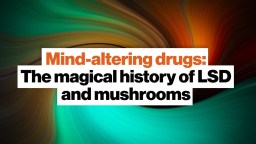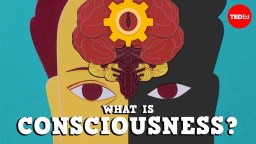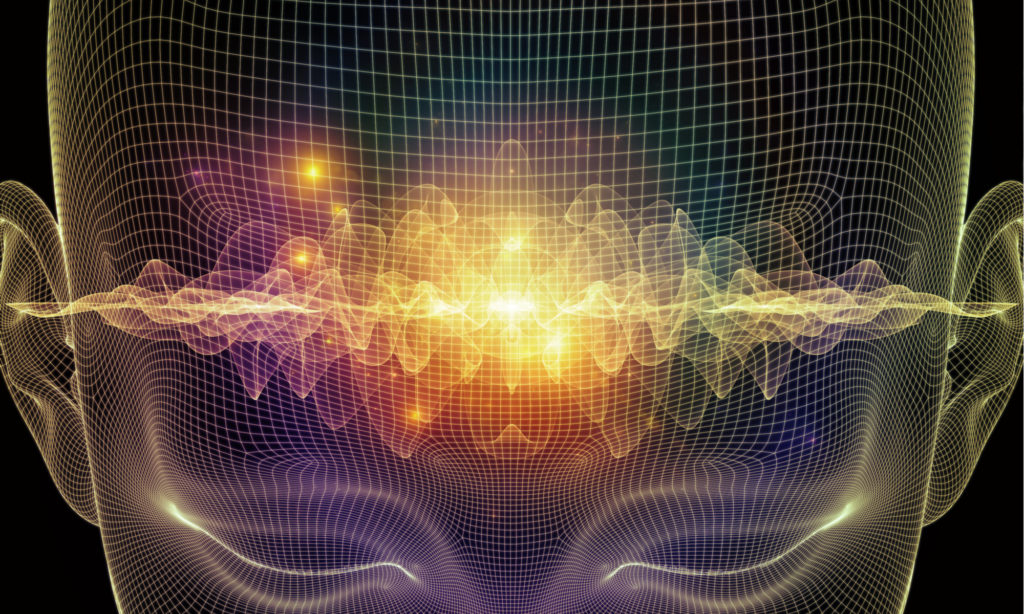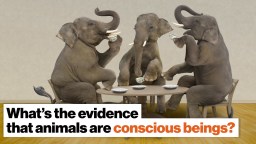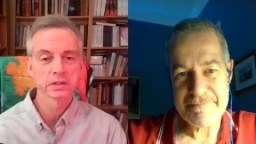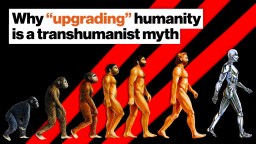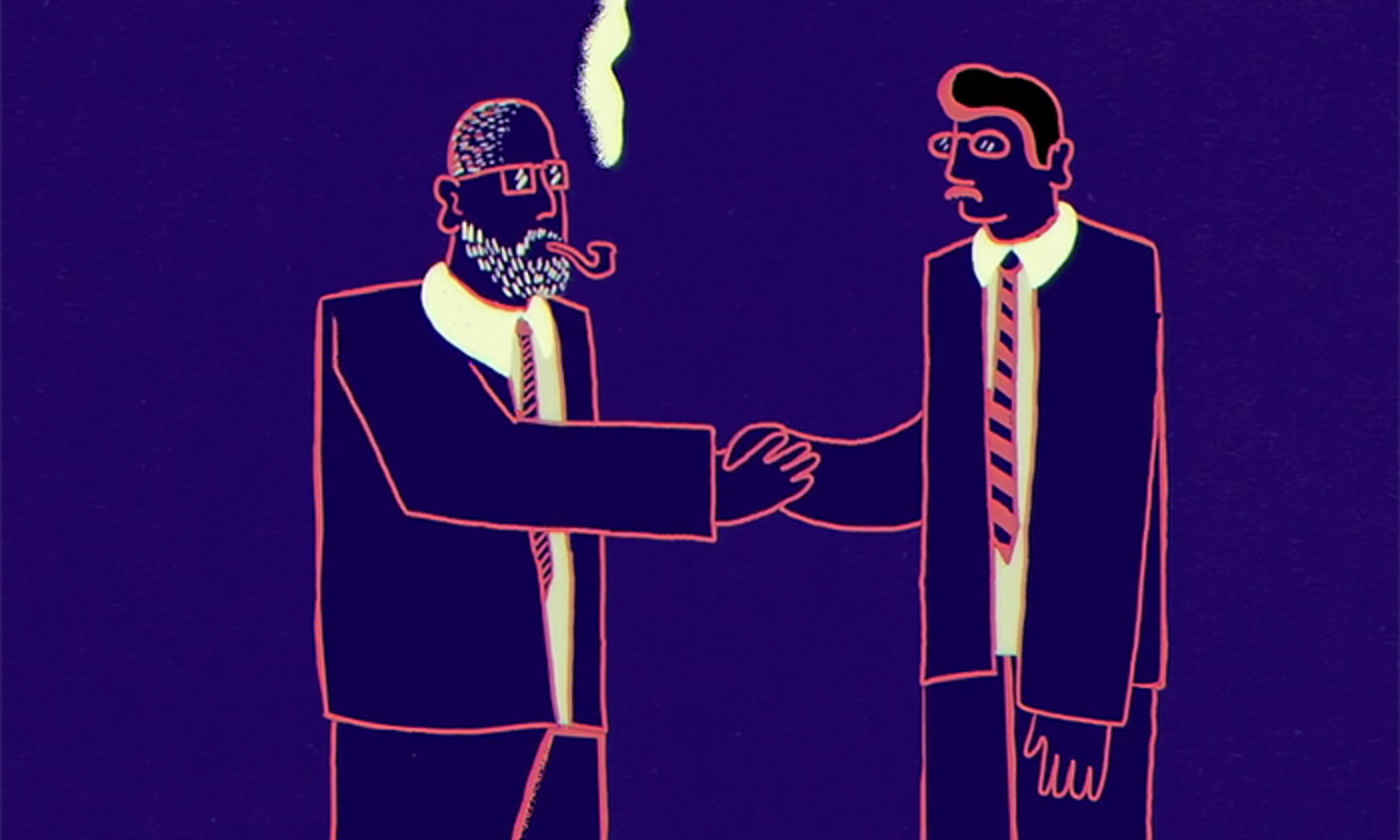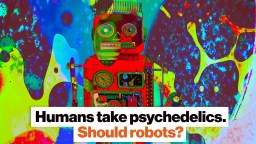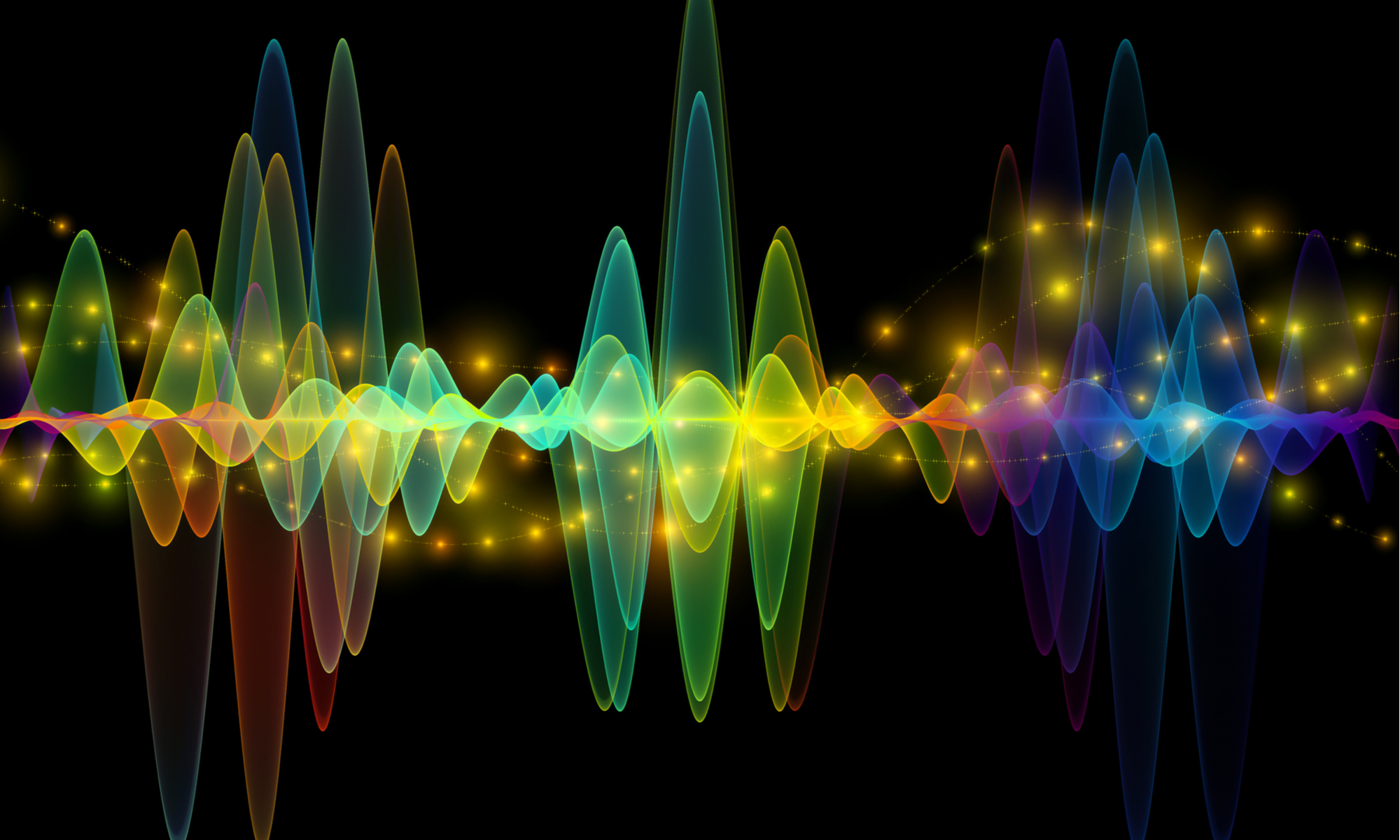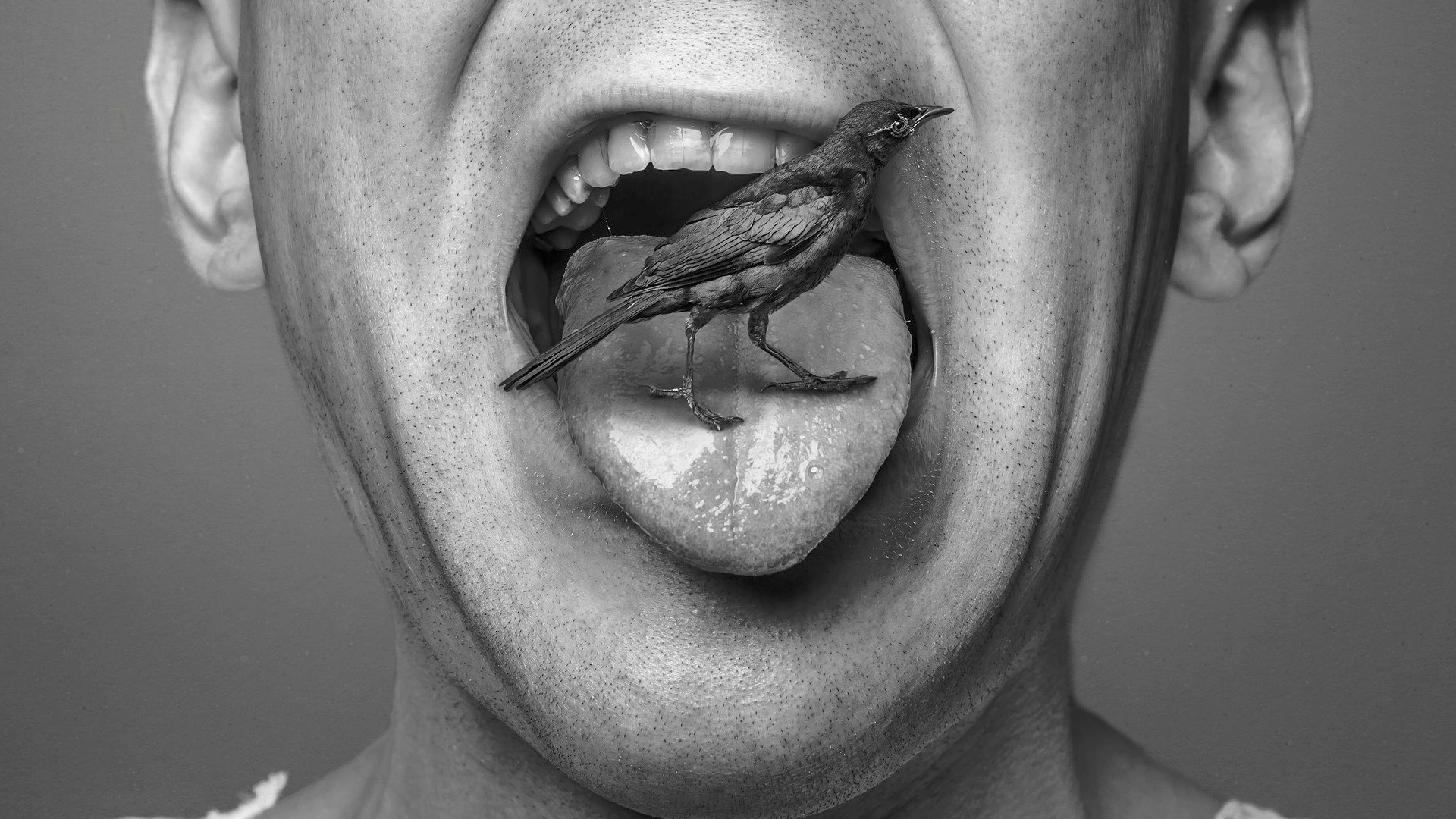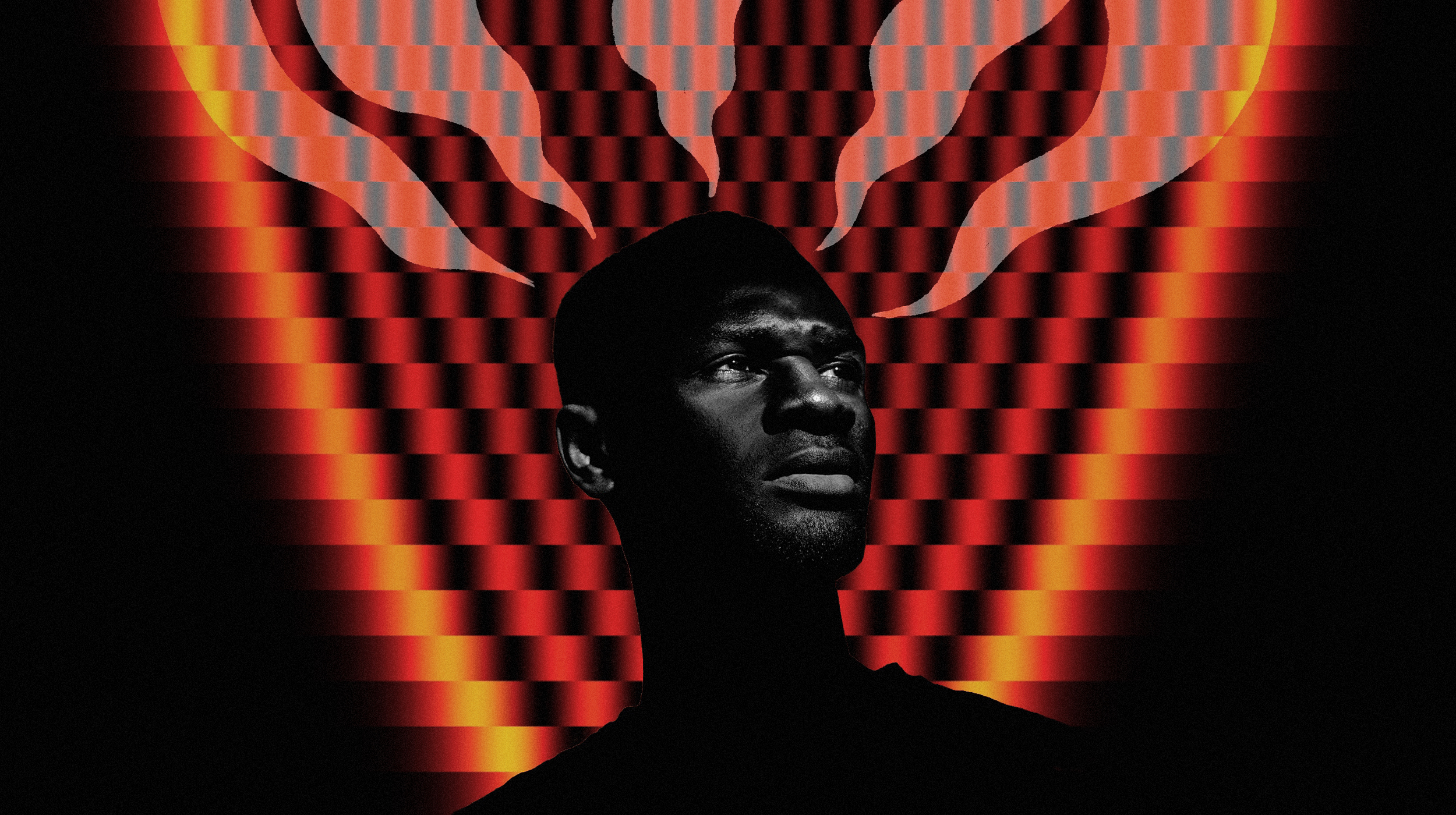consciousness
There are a few different theories out there, but the parieto-frontal integration theory, or P-FIT, appears to give us the best model of the neuroscience of intelligence.
How do you know you are real? A classic paper by philosopher Nick Bostrom argues you are likely a simulation.
Why did government officials stop psychedelics from reaching mainstream culture?
▸
22 min
—
with
Consciousness expert Michael Graziano on what, if anything, makes us uniquely human.
▸
with
A study found how the “map” for the sense of touch develops in the brain.
Is consciousness just a showdown between your beliefs and perceptions?
Might microdosing LSD and psilocybin be a safe, effective way to treat depression and other disorders?
A long-ridiculed theory about humankind’s early leap of consciousness is revived.
The Oedipal complex, repressed memories, penis envy? Sigmund Freud’s ideas are far-reaching, but few have withstood the onslaught of empirical evidence.
Psilocybin doesn’t just make you trip; it can have lasting effects on how you see the world.
The Canadian professor has an extensive collection posted on his site.
Upload your mind? Here’s a reality check on the Singularity.
▸
5 min
—
with
A definition of death is surprisingly malleable, leading to complications when it comes to organ donation.
How mutual admiration was torn asunder by the sex drive: Freud, Jung and the schism at the heart of psychoanalysis.
Psychedelics are crude drugs. Could neuroscience and super-intelligent AI help us design something better?
▸
6 min
—
with
From psychology to neuroscience, what we believe is not nearly as relevant as why we do.
What if consciousness isn’t all about the brain?
▸
6 min
—
with
It isn’t mind over matter as much as mind properly working with matter.
It’s not what you have, it’s what you do with it.
Famously unusual case studies that perplexed psychologists.
A mind-bending paradox questions the nature of reality.
Carl Sagan liked to smoke weed. His essay on why is fascinating.
Minimalism, thought to be a solution to our overstimulated lives, is actually dulling our senses.
▸
7 min
—
with
Neurobiologist Robert Sapolsky explains how your first 25 years will shape the next 50.
▸
4 min
—
with
There’s still a lot even doctors don’t know about it.
Michael Shermer responds to the discussion over his article, “Will Science Ever Solve the Mysteries of Consciousness, Free Will and God?”
▸
with
Do our minds have quantum structures that give rise to consciousness? Sir Roger Penrose, one of the world’s most famous scientists, believes this and can explain how he thinks it works.


